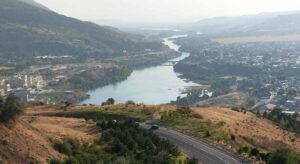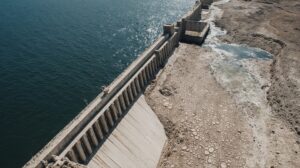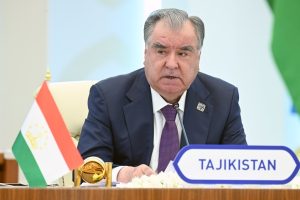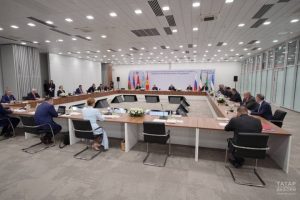European Commission President Von der Leyen announced a €12bn Global Gateway Investment Package, a collaborative effort between the EU and its Member States, which will fund projects across Central Asia. The package aims to strengthen the EU-Central Asia partnership by focusing on four key areas of cooperation: transport corridors, critical raw materials, clean energy, and digital connectivity.
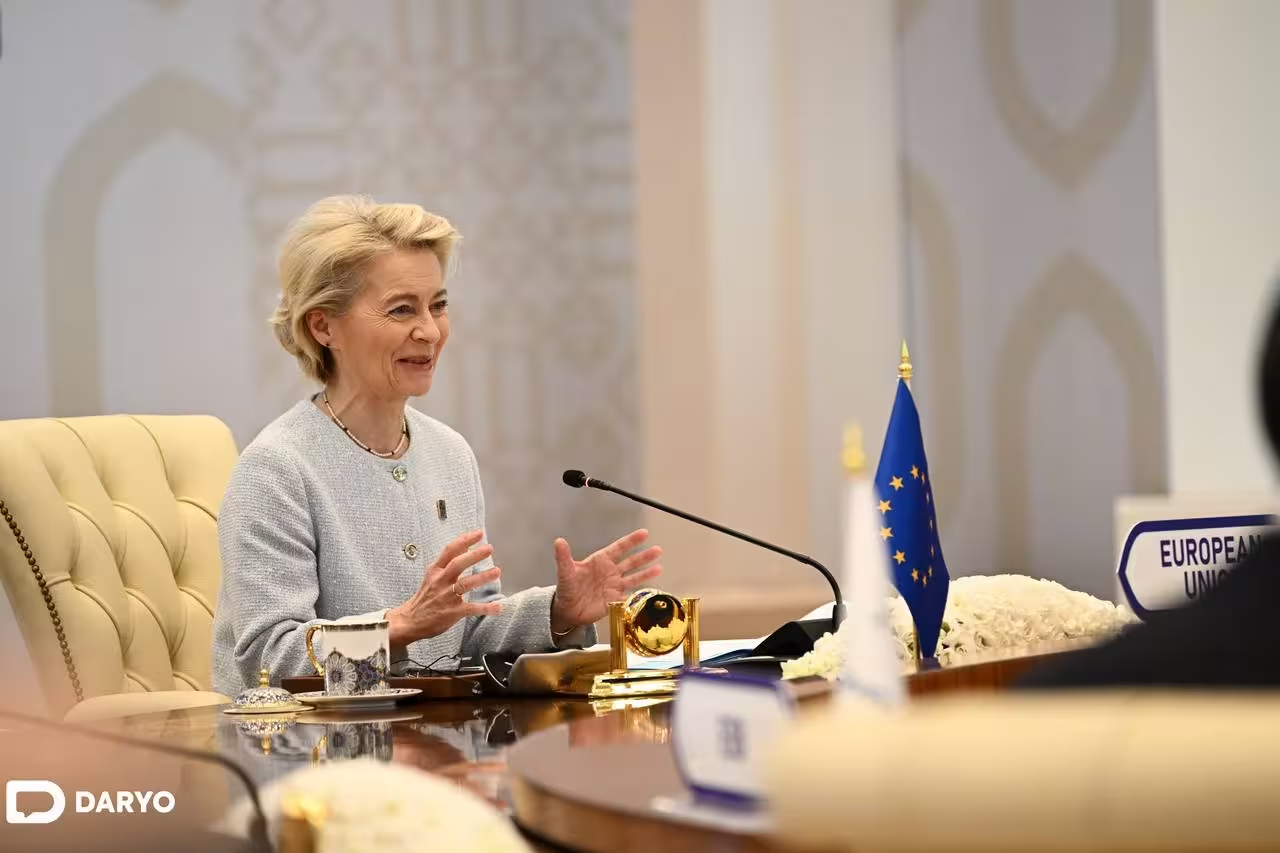
During her speech at the plenary session of the first EU-Central Asia Summit in Samarkand, President Ursula von der Leyen highlighted the strategic significance of Central Asia’s location, which positions the region as a crucial global gateway for trade and investment. She stressed that this investment package, alongside other EU initiatives, would open new opportunities for deeper collaboration between Europe and Central Asia.
Von der Leyen also emphasized that this partnership would help bolster regional economies, enhance sovereignty, and foster new friendships.
The €12bn investment package will be divided into four key areas: €3bn for transport initiatives, €2.5bn for critical minerals development, €6.4bn for hydropower and climate projects, and € 100mn for satellite internet connectivity.
President von der Leyen highlighted several key areas for cooperation between the EU and Central Asia. First, she emphasized the importance of transport corridors, particularly the Trans-Caspian Transport Corridor, which will reduce the overland journey between Europe and Central Asia by half, unlocking business potential and boosting regional trade. Last year, the EU pledged €10bn to the Trans-Caspian Transport Corridor, reducing the overland travel time between Europe and Central Asia to just 15 days. A new Investors Forum will be held in Uzbekistan in 2025 to secure private funding for the corridor.
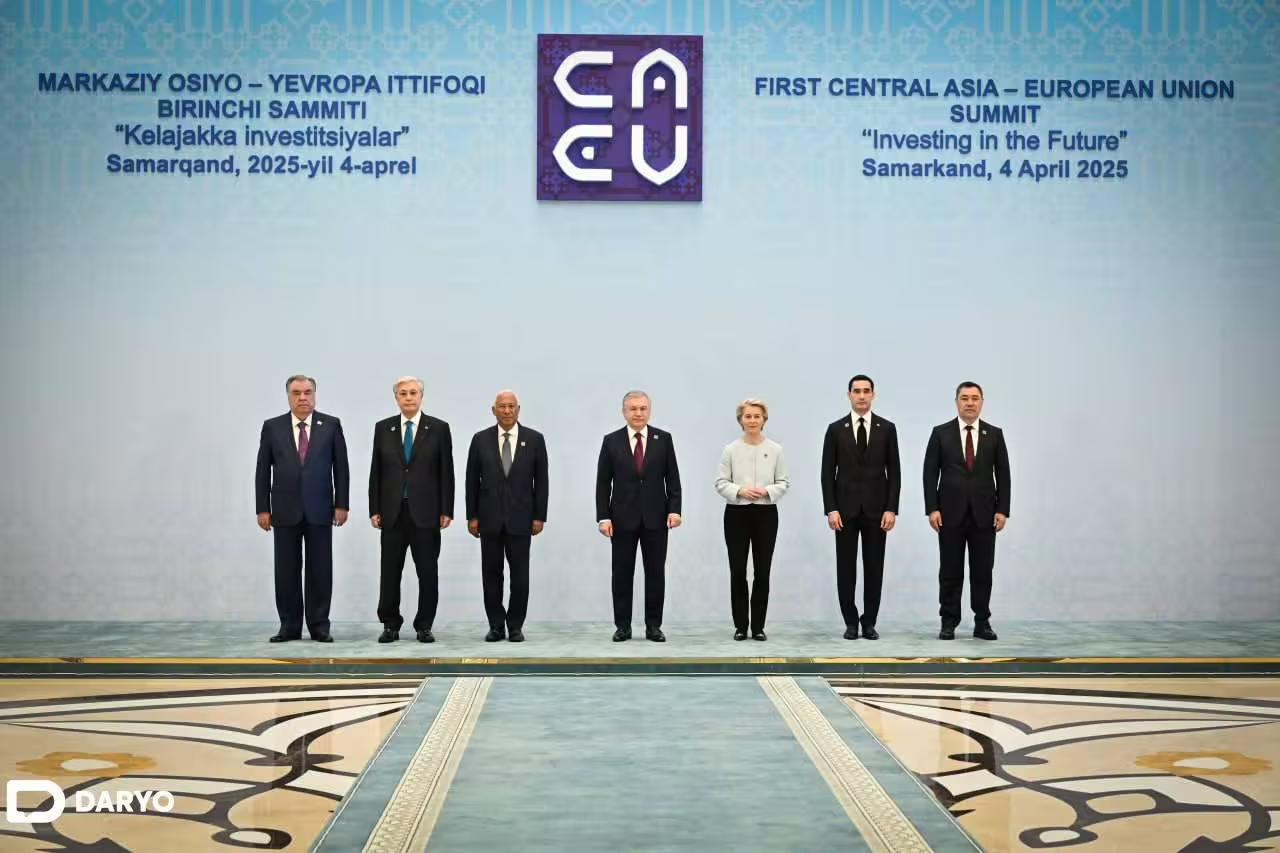
She also stressed the region’s vast resources, particularly critical raw materials, with Central Asia possessing 40% of global reserves of key resources like manganese, lithium, and graphite. Europe aims to partner with the region to develop local industries, creating added value through mining, refining, research, and workforce training.
European companies, such as the € 1.6bn investment in Uzbekistan’s Almalyk copper mine, are already contributing to local development. The new Joint Declaration of Intent on Critical Raw Materials aims to attract private investment and strengthen long-term partnerships, benefiting both Europe and Central Asia by enhancing strategic autonomy in raw materials.
On energy, von der Leyen discussed Central Asia’s potential as a clean energy hub, focusing on wind, solar, hydro, and geothermal energy. Collaboration on projects like the Rogun Dam in Tajikistan and the Kambarata Dam in Kyrgyzstan could help the region achieve energy independence and contribute to the global clean energy transition.
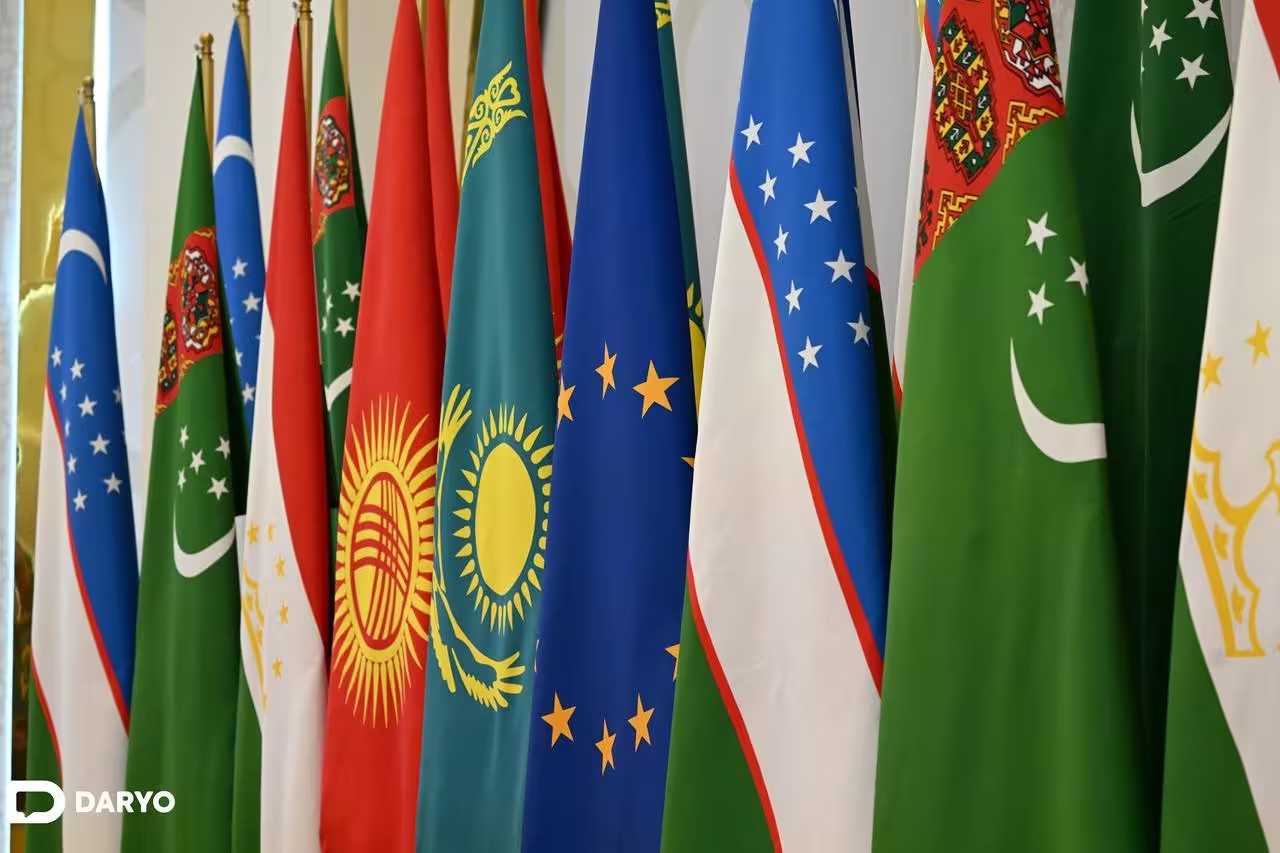
Von der Leyen also highlighted the EU’s commitment to improving digital infrastructure in Central Asia. By connecting remote areas to European satellites, the EU is helping to bring high-speed internet to underserved regions, opening up new opportunities for business and education. In Kazakhstan, 2,000 schools and numerous villages will gain access to European satellite networks this year, with plans to expand coverage across the region.
Additionally, the European Bank for Reconstruction and Development (EBRD) is preparing a €7-8bn project package for Central Asia, focusing on critical minerals and renewable energy through 2027.
Meanwhile, the European Investment Bank (EIB) will sign four memorandums of understanding with Tajikistan, Kyrgyzstan, and Uzbekistan, offering €365mn for sustainable transport, water management, and climate resilience projects.
